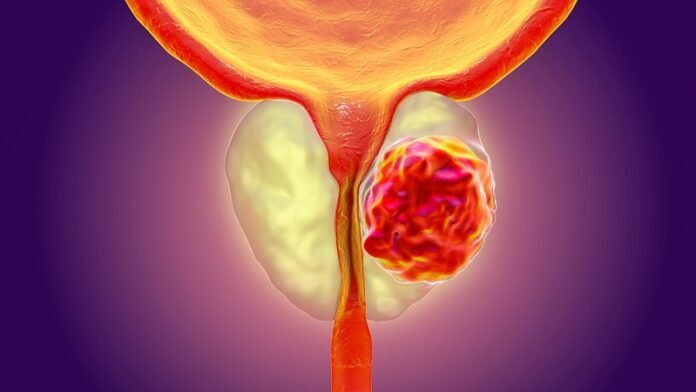Changes in urination can often be linked to a non-cancerous condition called an enlarged prostate, though they may also signal other urinary issues. Regardless, consulting a doctor for any changes is always advisable.
According to the American Cancer Society, one in eight men will be diagnosed with prostate cancer during their lifetime. It stands as the second-leading cause of cancer-related deaths in men, surpassed only by lung cancer.
A significant factor contributing to a 45% increase in prostate cancer risk in recent years is the decline in regular prostate cancer screenings.
Health experts stress the importance of nationwide screening programs, especially those that measure prostate-specific antigen (PSA) levels in the blood. They believe that early detection through screenings can lead to timely treatments and significantly improve survival rates.
The European Randomised Study of Screening for Prostate Cancer (ERSPC), which spanned 20 years and included data from seven European countries, found that early diagnosis not only boosts the chances of successful treatment but also helps avoid costly medical interventions.
Routine screenings can lower the risk of dying from prostate cancer by 20%. Researchers from the Erasmus MC Cancer Institute at the University Medical Centre in the Netherlands led the study, analyzing data from 72,460 men.
Findings revealed that about one in six men skipped their regular screening appointments. Those who attended had a 23% lower risk of dying from the disease.
Lead author Renée Leenen, M.D., Ph.D., noted, “It may be that men who chose not to attend screenings are generally less engaged in healthy behaviors and preventive care.”
She added, “In contrast, those who are more health-conscious tend to prioritize regular health checkups, including screenings.”
Leenen highlighted the urgent need to better understand why many men avoid these potentially life-saving screenings.
Please SHARE this important information with your family and friends on Facebook.
